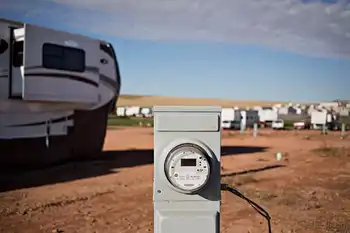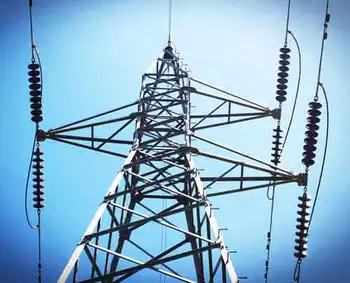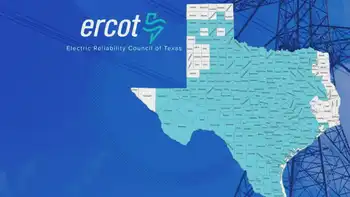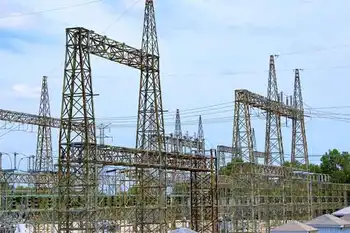frs - Under the new policy, plant operators will establish an action plan "to assure timely detection" of such releases, submit reports to the NRC on groundwater samples within plant boundaries and inform state and local officials groundwater leaks if they exceed certain levels. "Even though radioisotopes have not been detected off site at levels that would jeopardize public health, the industry should adopt a higher standard of excellence in radiation protection that goes beyond what NRC regulations required," said Andersen. "When inadvertent radiological releases in groundwater occur at levels that do not require formal reporting, we should inform local and state leaders and the public as a matter of openness and transparency." David Lochbaum, director of the nuclear safety project at the Union of Concerned Scientists, praised the industry's commitment to look more closely for leaks, including possibly drilling wells within site boundaries to test groundwater. He said the reporting was important, but, "if you're not looking for problems
Related News

Americans Keep Using Less and Less Electricity
WASHINGTON - By Justin Fox
Economic growth picked up a little in the U.S. in 2017. But electricity use fell, according to data released recently by the Energy Information Administration. It's now been basically flat for more than a decade:
Measured on a per-capita basis, electricity use is in clear decline, and is already back to the levels of the mid-1990s.
Sources: U.S. Energy Information Administration, U.S. Bureau of Economic Analysis
*Includes small-scale solar generation from 2014 onward
I constructed these charts to go all the way back to 1949 in part because I can (that's how far back the EIA data series goes) but…




